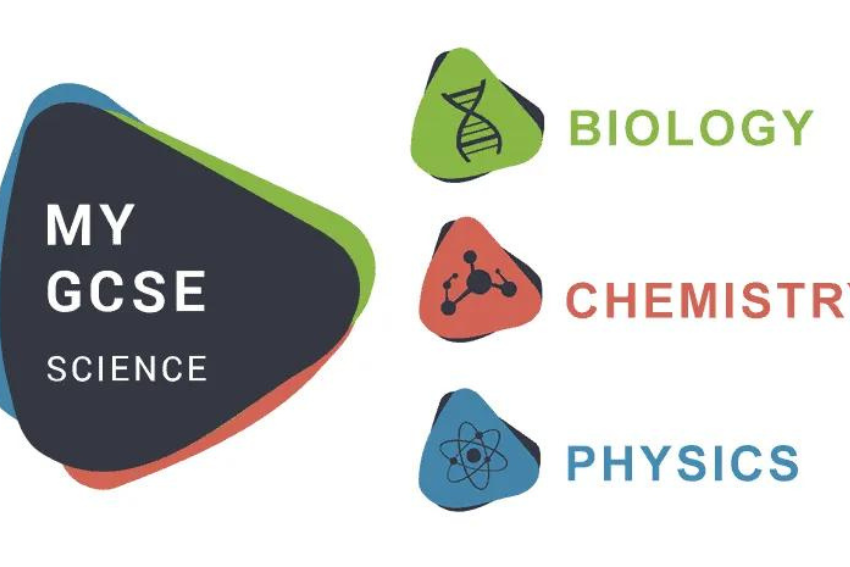The methodology behind grading is a way to fairness and standardisation. Specifically, within the AQA framework, the process of determining grades is both intricate and rigorously standardised, ensuring that each student’s performance is assessed accurately and equitably. Grade boundaries, a pivotal aspect of this grading system, are the thresholds that delineate the minimum number of marks required to attain each grade. These boundaries are not predetermined but are established post-examination, once all papers have been marked.
Let’s explore how AQA grading works, take a look at current grade boundaries and see if there’s any trends for the upcoming 2024 exam season.
Here’s what we will cover:
AQA GCSE Grade Boundaries
| Subject Title | Maximum mark | 9 | 8 | 7 | 6 | 5 | 4 | 3 | 2 | 1 | |
| Maths (Higher) | 240 | 214 | 186 | 158 | 125 | 93 | 59 | – | – | – | |
| English Literature | 160 | 135 | 119 | 104 | 88 | 72 | 57 | 42 | 27 | 12 | |
| English Language | 160 | 121 | 111 | 102 | 91 | 81 | 71 | 52 | 34 | 16 | |
| Maths (Foundation) | 240 | – | – | – | – | 189 | 158 | 117 | 76 | 35 | |
| History | 40 | 27 | 24 | 21 | 18 | 15 | 13 | 9 | 5 | 2 |
For more GCSE Subjects and their grade boundaries visit AQA’s official website:
AQA A-level Grade Boundaries
| Subject Title | Maximum mark | A* | A | B | C | D | E | |
| English Literature | 375 | 321 | 288 | 241 | 195 | 149 | 103 | |
| English Language | 500 | 430 | 391 | 329 | 267 | 205 | 144 | |
| Further Maths | 300 | 225 | 188 | 154 | 120 | 87 | 54 | |
| Maths | 300 | 248 | 201 | 163 | 125 | 87 | 49 | |
| History | 200 | 163 | 140 | 116 | 93 | 70 | 47 |
For more A-level Subjects and their grade boundaries visit AQA’s official website:
How Does Grading in AQA Work?
The AQA examination board, like others in the UK, utilises a grading scale that ranges from 1 to 9, where 9 is the highest achievable grade and 1 is the lowest. This numerical grading system was introduced to provide a greater differentiation among high-performing students and to signal clearly to employers and further education providers the level of achievement each student has attained.
The highest possible grade, a 9, is awarded to students who demonstrate outstanding knowledge and understanding far beyond the expected standard. Grade 8 and 7 correspond roughly to the old A* and A grades, with the grade 9 designed to distinguish the very top performers. At the other end of the spectrum, grade 1 signifies the minimum level of achievement within the qualification’s requirements.

Are AQA Grade Boundaries Higher in 2024?
The speculation about whether AQA grade boundaries will be higher in 2024 requires an understanding of the fluid nature of these boundaries. They adjust each year based on a complex interplay of factors, making it challenging to predict a straightforward trend for any specific year. The process of setting these boundaries is nuanced, aiming to accurately reflect the difficulty of the exams and the overall performance of the students.
- The adjustment of grade boundaries is primarily driven by the need to ensure fairness in the grading process. If an exam is found to be more challenging than previous years, the boundaries may be lowered to account for this, maintaining a consistent standard for achieving each grade. Conversely, if the exam is easier, the boundaries might be raised. This flexibility is vital for upholding the integrity and fairness of the grading system.
- There are no fixed trends or quotas dictating that grade boundaries must move in a certain direction from one year to the next. The decisions are made after a detailed analysis of the current year’s exams and student performance. This analysis includes comparing the current year’s outcomes to those of previous years, ensuring that each student’s grade fairly reflects their work and achievement level.
- The overarching objective in adjusting grade boundaries is to ensure fairness and consistency in grading. This approach guarantees that students are awarded grades that accurately represent their level of achievement, irrespective of annual variations in exam difficulty or cohort performance. This commitment to fairness underpins the entire process, ensuring that standards are maintained, and that grades are a reliable indicator of student ability and knowledge.
Considering Private Tutoring – Why Edumentors?
In the journey of academic achievement, especially when navigating the challenges of A-levels and GCSEs, students often seek additional support to enhance their learning experience. This is where the value of private tutoring becomes evident, offering a bespoke learning approach tailored to each student’s unique needs and learning style. Edumentors, an innovative online tutoring platform, stands out by connecting students with A-level and GCSE tutors who are not only academically proficient but also relatable, being student-teachers from the UK’s top universities.
Why Consider Private Tutoring with Edumentors?
- Personalised Learning: Each student has their own pace and style of learning. Edumentors provides a personalised learning experience that can adapt to individual needs, strengths, and weaknesses, ensuring that every student can maximize their academic potential.
- Insights from Current Students: Tutors from Edumentors, being current students at leading UK universities, bring fresh, relevant insights and knowledge. They can relate to the academic and psychological pressures their tutees face, providing not just academic support but also mentorship and guidance.
- Academic Knowledge: The tutors at Edumentors are engaged in current studies themselves, meaning they offer up-to-date knowledge and techniques, alongside tips and insights that have helped them succeed. This can be particularly beneficial for subjects that rapidly evolve.
- Flexible and Convenient: Being an online platform, Edumentors allows for a flexible tutoring schedule that can fit around the student’s existing commitments. This flexibility ensures that tutoring sessions can be more effectively integrated into the student’s life, making it a convenient option for busy families.
- Boosting Confidence and Performance: Beyond academic knowledge, private tutoring with Edumentors can significantly boost a student’s confidence. Understanding the material thoroughly with the help of a tutor who can break down complex concepts into more manageable parts can transform a student’s outlook on challenging subjects, leading to improved performance in exams.








